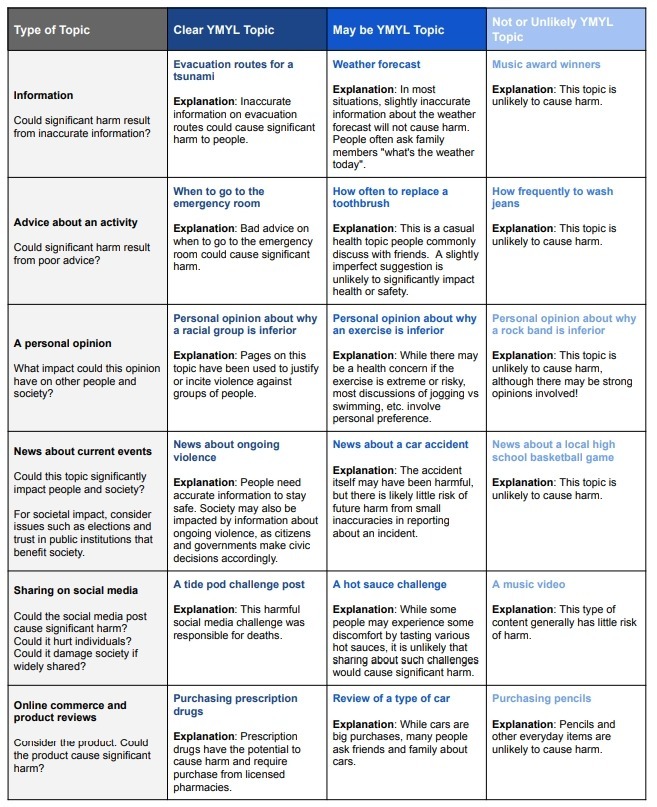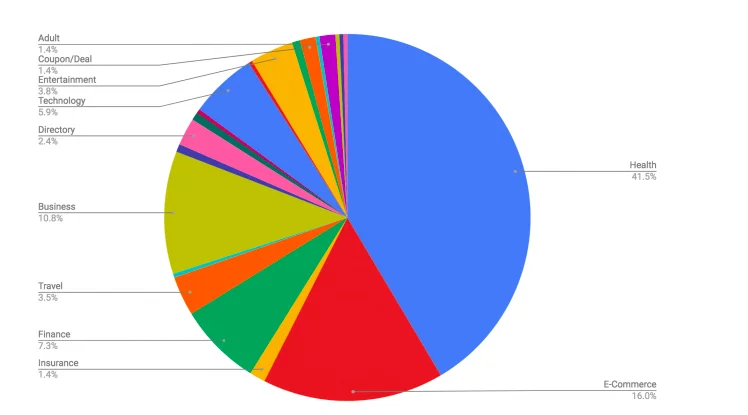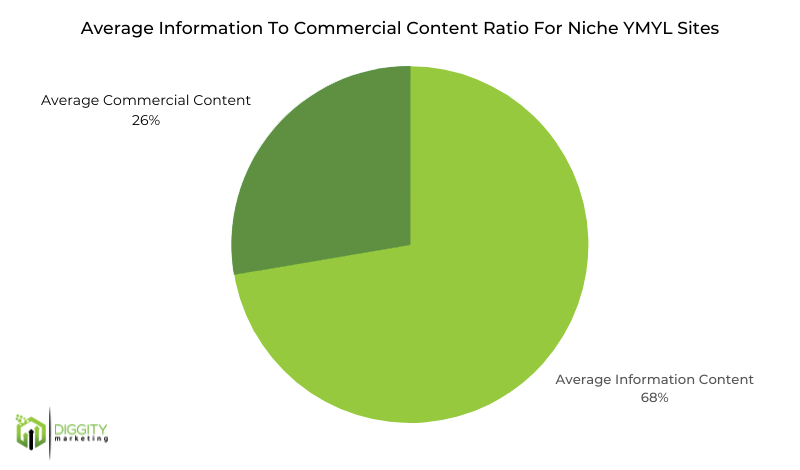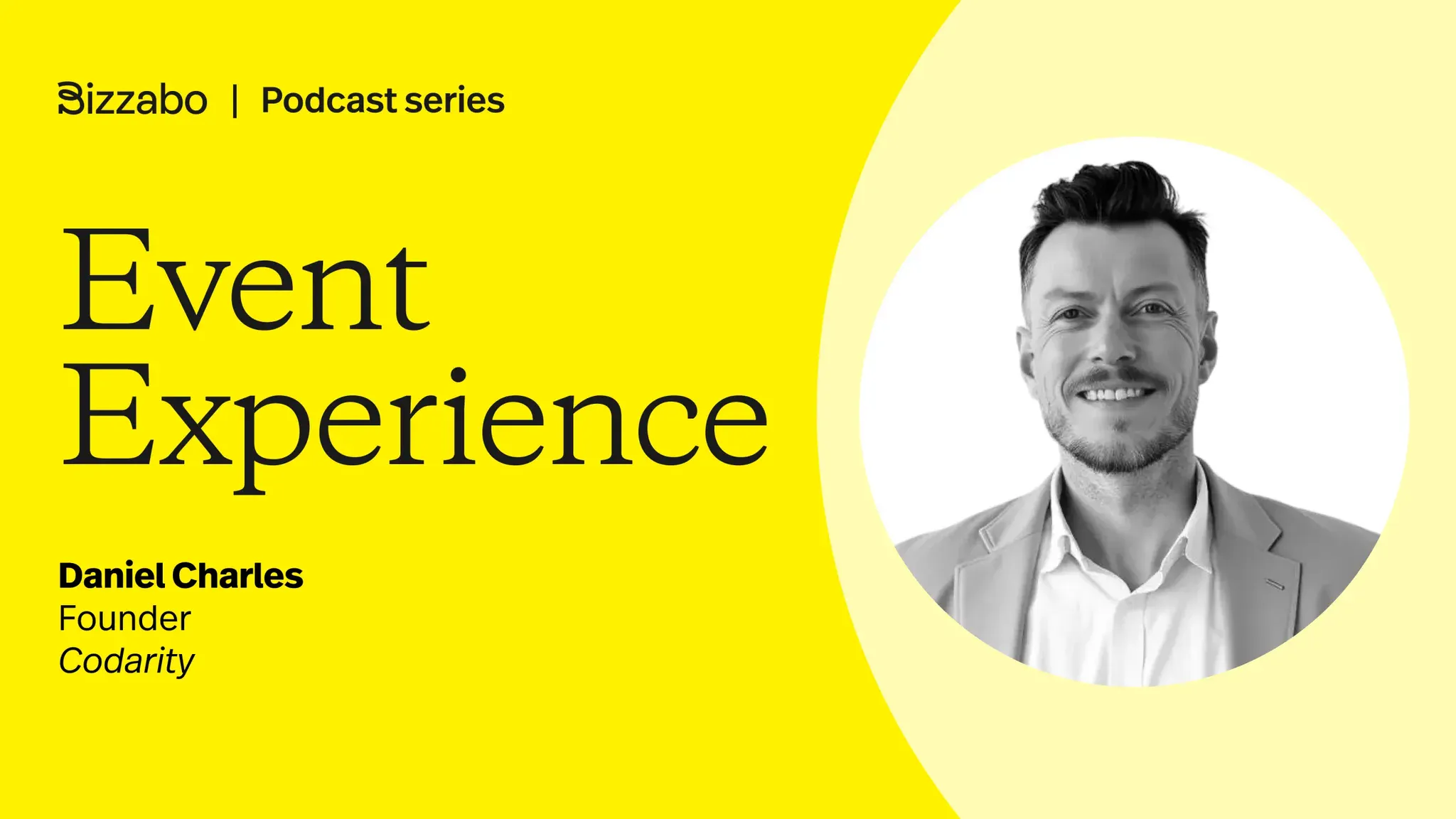Dan Charles
16/03/2023
Table of Contents
You know how important it is to create content that engages your audience and ranks well on Google.
But what happens if you’re in an industry where your advice could significantly impact an individual’s financial stability or health and well-being?
If you operate in a field like personal finance, healthcare, or legal services (to name just a few), then you’re in what’s known as a YMYL (Your Money or Your Life) niche.
In this article, we’ll explore the world of YMYL niches and discuss the importance of E-E-A-T for ranking in search engine results.
We’ll highlight the types of websites that fall under YMYL categories and the challenges of creating high-quality content in these niches.
With the right strategies and focus, you can establish your website as a trusted source of information and improve your visibility in search results.
So, let’s get started and dive into the world of YMYL niches and SEO strategies you need to know.
Understanding YMYL Topics and Niches

First, let’s define what YMYL topics are.
YMYL stands for ‘Your Money or Your Life’ and refers to web pages that can potentially impact a person’s future happiness, health, financial stability or safety.
People are always looking for information about these topics, which means that firms in these categories have a lot of opportunities to produce traffic and money.
Furthermore, these sectors frequently have a high lifetime value per client, which means that organisations may generate a lot of revenue from a single consumer over time.
However, businesses that land in these categories are highly scrutinised by search engines like Google. They are held to a higher standard, since they might affect a person’s financial stability or physical well-being.
Additionally, it is critical to recognise that not all niches are created equal.
The following section will discuss the distinctions and implications for particular industries within this category. This can help you grasp the problems and possibilities associated with operating in a certain YMYL niche.
The Role of E-E-A-T and YMYL Pages
Formerly just E-A-T (Expertise, Authoritativeness and Trustworthiness), Google updated its criteria in December 2022 to include an extra ‘E’ for ‘Experience’. The principle is the same; they’ve just widened the net to cover more topics (which is a good thing).
E-E-A-T is a set of criteria used by Google to determine a website’s credibility and reliability. Its purpose is to assist Google in identifying sites that give accurate and trustworthy information on YMYL topics. E-E-A-T is composed of four criteria:
● Experience: The author should demonstrate in-depth experience within a topic, such as first-hand experience, hands-on reviews or a nuanced understanding of the topic. However, this knowledge doesn’t necessarily have to be formal (e.g. doesn’t require a degree).
● Expertise: The author should be knowledgeable about the topics they are writing about, significantly when the advice could adversely affect an individual’s financial stability or health (e.g. providing advice on investments or surgeries). Content of this nature should be either written or reviewed by an individual with relevant qualifications, such as a medical degree.
● Authoritativeness: The website should be seen as an authority in its niche and have a reputation for providing accurate and reliable information. Just having one ‘great’ article doesn’t create an authoritative site, but covering every aspect of the topic in detail and from an expert point of view can be a great way to demonstrate authoritativeness.
● Trustworthiness: The website should be trustworthy and have a reputation for honesty and transparency. Customer data should be treated very carefully. The design of the site should focus on a pleasant user experience that isn’t deceptive. There should be clear information about the authors, team and credentials that prove their experience and expertise in their field.
Let’s talk about how E-E-A-T can affect your search engine rankings. Google uses E-E-A-T to assess the quality of a website and its content. This means that if your website has high E-E-A-T scores, it’s more likely to rank well in search results. On the other hand, if your website has low E-E-A-T scores, it’s less likely to rank well.
It’s important to note that Google may also use human evaluators (known as ‘Search Quality Raters’) to assess E-E-A-T. These evaluators manually review websites to assess credibility and reliability. Therefore, even if your website has high E-E-A-T scores, it may still be flagged by a human evaluator if they find issues with its content or reputation.
The 2018 Medic Update: How it Shook the Industry and What We Can Learn from it

The 2018 Medic Update was a significant update to the algorithm that specifically targeted YMYL sites, particularly in the health and wellness space. The update aimed to improve the quality of the information provided in these niches and decrease the visibility of low-quality or unreliable websites.
Many websites in the health and wellness space saw significant drops in traffic and search visibility following the update. This was a wake-up call for the industry and highlighted the importance of providing accurate and reliable information to their audiences.
This event clearly demonstrated the importance of E-E-A-T. Websites with high E-E-A-T scores were less likely to be affected by the update, while those with low E-E-A-T scores were more likely to be impacted.
Another lesson that can be learned is the importance of staying up to date on industry developments and best practices. The update was a reminder that the algorithm is constantly evolving, and businesses must adapt their strategies to stay ahead of the curve.
Separating Fact from Fiction: The Importance of Evidence-Based YMYL Content Creation
YMYL content, particularly in the health and wellness space, is quite susceptible to spreading misinformation and fake news.
It causes mistrust among your audience, harms your search engine rankings and ultimately negatively impacts your business.
You can avoid this pitfall by demonstrating your expertise in your niche and providing evidence-based information.
Utilising research and data is critical because it helps distinguish between fact and fiction and provides your audience with reliable information – thereby building trust and credibility with them.
Google is making an effort to promote evidence-based information in its search results. This means that if you provide evidence-based information, Google is more likely to rank those web pages well in search results.
Navigating the Terrain: Understanding the Differences Between YMYL Topics
There are several types of YMYL topics, including:
● Health and safety: Topics that could harm mental, physical and emotional health, or any form of safety, such as physical or online safety.
● Financial security: Topics that could damage a person’s ability to support themselves and their families.
● Society: Topics that could negatively impact groups of people, issues of public interest, trust in public institutions, etc.
● Other topics that can impact welfare or well-being.
Understanding the specific considerations for different industries within these areas is important. This will help you understand the challenges and opportunities of working in a particular YMYL niche. It will also help you create content specific to your niche and optimise for visibility on search engine results pages.
For example, a website in the finance niche should focus on providing accurate and reliable information on financial products and services. On the other hand, a website in the health niche should focus on providing evidence-based information on medical treatments and conditions.
Tips and Strategies for Crafting Quality YMYL Content
Since creating and publishing reliable YMYL content is so crucial, in this section, we’ll be discussing some tips and strategies for doing so.
First, it’s important to prioritise your audience. Your content should be focused on providing value to your audience and addressing their needs and concerns. Additionally, as previously discussed, it’s important to consider E-E-A-T when creating content.
Your content should demonstrate your experience and expertise and be both authoritative and trustworthy.
When you’re trying to create high-quality content, the importance of research can’t be understated. It’s essential to use credible sources and include external links to support your content. Such evidence-based information provides additional value to your audience.
Furthermore, it’s important to note that you should not copy existing content. This is not only unethical, but it can also negatively impact your search engine rankings. Instead, aim to publish content that is unique and original.
Building a Positive Reputation: The Importance of Branding
A positive brand reputation is crucial for success, as it can help build trust and credibility with your audience and improve your search engine rankings. But how can you go about building a positive brand reputation?
One strategy is to be transparent and provide information about your company and team. Additionally, it’s important to monitor and leverage user-generated content.
This means that you should be active on social media and other platforms and respond to customer reviews and feedback. This can help to improve your reputation and demonstrate that you care about your customers.
Another important strategy is to naturally build authoritative backlinks. Aim to get links from other reputable and authoritative websites in your niche by focusing on PR and brand awareness. Doing so will ultimately increase your brand mentions in reputable websites across the web.
Finally, it’s important to have a positive brand image. A consistent brand message and aesthetic give evidence that your website and content are high-quality.
This can help to build trust, increase engagement and increase conversions. Google wants to help users reach their end goal as easily as possible – so if your website provides a consistent design and enjoyable user experience, you will win the search rankings and gain new customers.
Staying Ahead of the Game: Advanced SEO Strategies for YMYL Topics
As the competition in YMYL niches can be fierce, it’s important to stay ahead of the game and use advanced SEO strategies to improve your search engine rankings.
One strategy is to use AI and machine learning to improve your keyword research. Using these tools, you can identify new and relevant keywords that you may have missed and gain an edge over your competition.
Another advanced SEO strategy is to use powerful topic clustering. Group related topics and create content around those clusters. This can help to improve your search engine rankings and provide more value to your audience.
It’s also important to keep an eye on the latest developments in SEO. Stay up to date on algorithm updates and best practices. This will ensure your strategies are current and effective.
The Road Ahead: How to Succeed with YMYL Sites in the Future

As the algorithm and digital landscape continue to evolve, it’s important to look to the future and be prepared for the challenges and opportunities that lie ahead.
One such challenge is the increasing importance of voice search. As more and more people use voice assistants to search the web, optimising your content for voice search is important.
An opportunity exists in making use of video content. Availability and consumption of video content continue to increase. Therefore, including video content can help to improve your search engine rankings and provide more value to your audience.
It’s also important to note that the algorithm is becoming increasingly sophisticated. This means it will be able to understand and interpret content more deeply.
This presents an opportunity for your business to provide more in-depth and detailed content that benefits your ideal audience and sends the right signals to Google, too.
Harnessing the Power of AI and Machine Learning
AI and machine learning are becoming increasingly important in SEO. These technologies can help to improve your keyword research, identify new opportunities and improve your content marketing strategy.
One way that AI and machine learning can help to improve your keyword research is by identifying long-tail keywords that you may have missed.
These are longer and more specific keywords, which can help improve your Google search engine rankings by providing a more targeted approach. Additionally, machine learning can also help to identify new keywords and topics that are relevant to your niche.
AI and machine learning are also helpful in analysing user behaviour. These technologies can help identify which pages on your website are most popular and which ones are not performing well. This information will help you improve your content strategy by identifying what type of content your audience is most interested in.
Additionally, AI and machine learning can help improve your link-building strategy by identifying new websites in your niche that you can reach out to for backlinks.
The Final Frontier: Unlocking the Potential of YMYL Niches
Finally, while working in these industries can be difficult, they provide excellent opportunities for those who are prepared to go the extra mile to stand out and create trust with their target audience.
Businesses can unlock this potential and succeed in the future by understanding the key considerations and challenges of different industries within this category, creating high-quality content, building a positive brand reputation, using advanced SEO strategies, staying up to date with the latest developments and harnessing the power of AI and machine learning.
Book Your Free Strategy Session Here >>
Get a Free Strategy Call & Find Out How We Can Help You Grow Your Business With Guaranteed Results

Behind the Podcast: What Event Businesses Really Need to Break the Feast-or-Famine Cycle

The Real AI Revolution in Events Isn’t What Cvent’s Selling

Why Your Event Business Doesn’t Need More Martech: It Needs a Coherent Message




Does the trading strategies related blogs comes under ymyl?
Hi Sree,
Trading strategies for things like the stock market would come under YMYL as it is essentially financial advice “YMYL” = Your Money, Your Life.
If you are providing any form of financial advice then it would be under this classifier.
Hope it helps
Dan